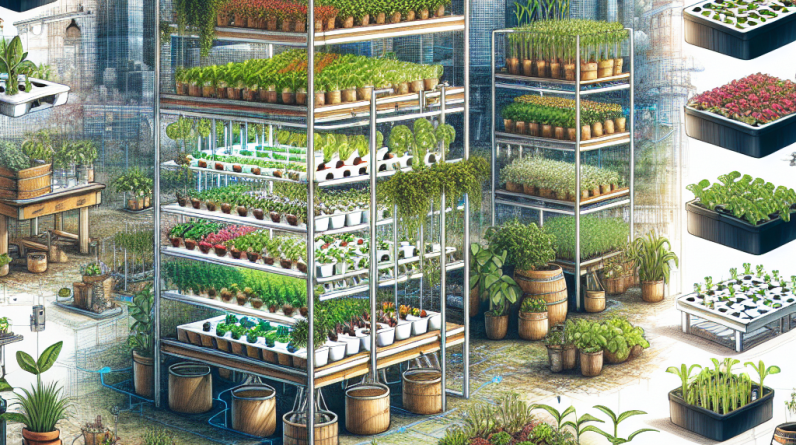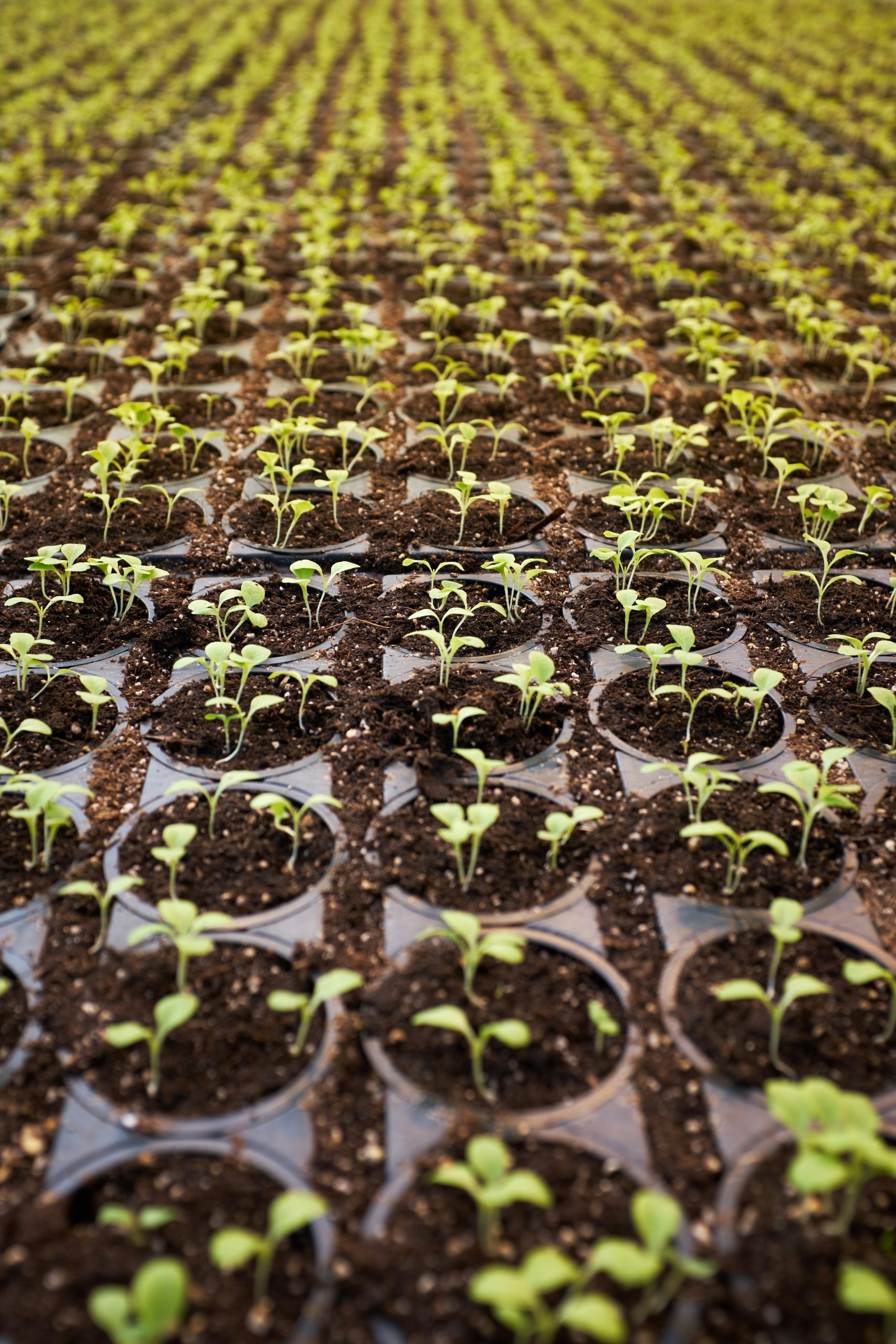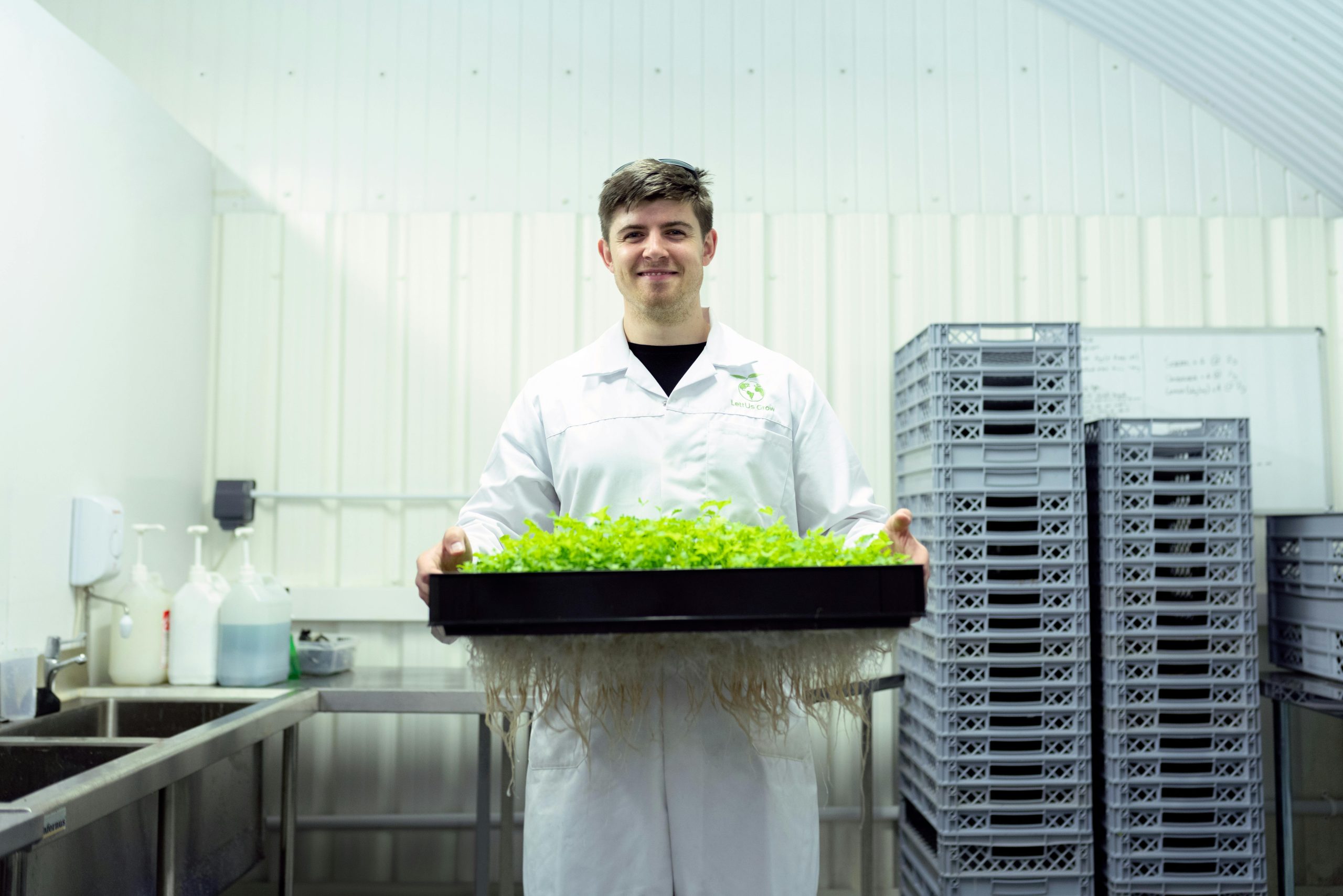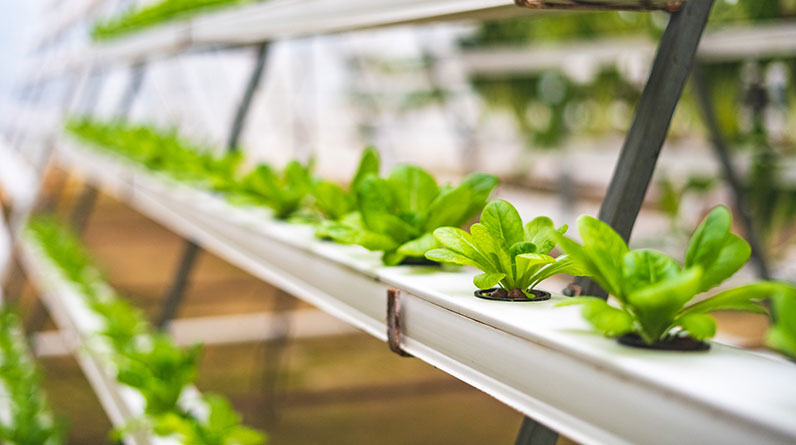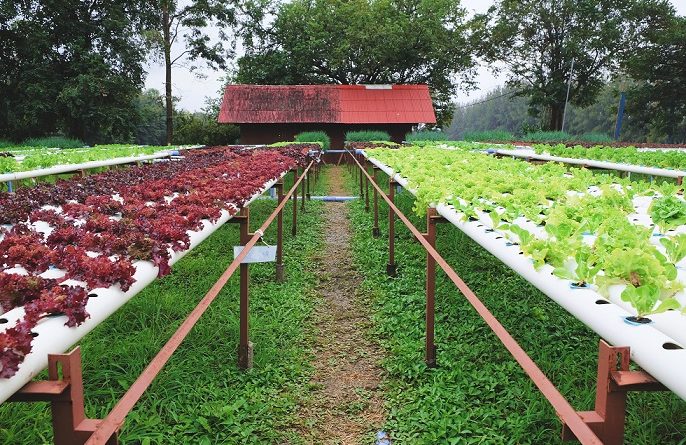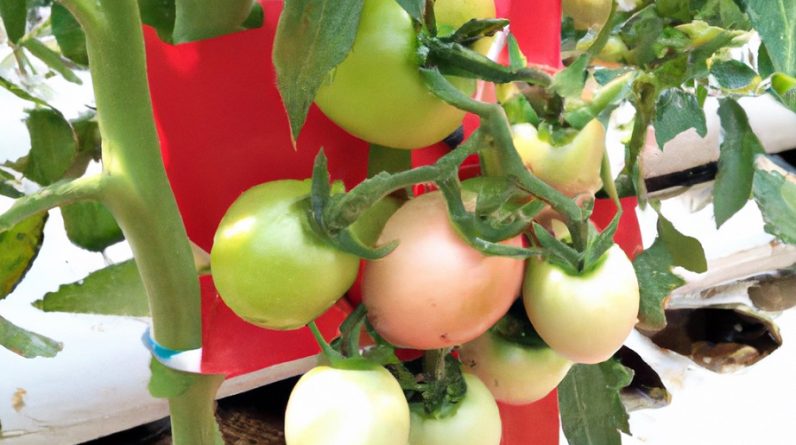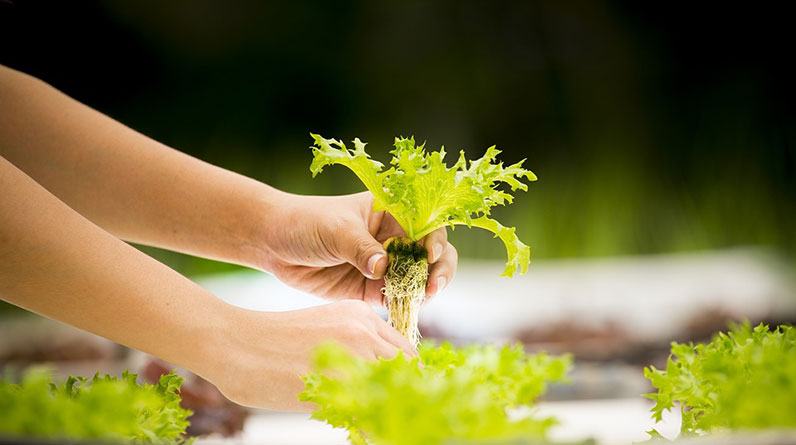
Can I build my own Hydroponic Gardening System?
Yes, you can definitely build your own hydroponic gardening system. Hydroponic gardening is a method of growing plants in a nutrient-rich water solution instead of soil. It offers a lot of benefits including higher yields, faster growth, and increased control over the growing environment.
Obviously, you will need a plan on how large and complicated you will want your Hydroponic System. You should consider some of the crops you will want to grow – and how much you intend to plant. If you are fairly new to gardening, you will want to be conservative in your plans. Many new gardeners get over-enthusiastic with their planning – and have a hard time maintaining and harvesting their crop. Below are some guidelines to consider as you begin your planning.
 To build your own hydroponic gardening system, you will need:
To build your own hydroponic gardening system, you will need:
A container – This can be a plastic tote, bucket, tray or any suitable container that can hold water.
Growing medium – You may use perlite, vermiculite, rockwool, coconut coir or any other suitable medium in which your plants will grow.
Nutrient-rich solution – This solution needs to contain essential plant nutrients such as nitrogen, phosphorus, calcium, and potassium.
Water pump – You will need a pump to circulate the nutrient solution throughout the system.
Aeration device – This helps to improve oxygen levels in the water, which is crucial for the health of your plants.
Lighting – Plants grown under hydroponic systems need adequate lighting. You can use LED grow lights to provide the necessary light.
pH meter – The pH of the nutrient solution needs to be monitored closely to ensure that it is within the optimal range for plant growth.
Once you have gathered all the necessary materials, you can then proceed to build your hydroponic system. There are several types of hydroponic systems you can build, including deep water culture, nutrient film technique, and drip irrigation. You can find detailed instructions for building these systems online.
Building your own hydroponic gardening system is certainly very possible and can be a rewarding experience. With careful planning and attention to detail, you can create a thriving hydroponic garden that will produce a bountiful harvest.
How difficult will it be for me to build a hydroponic Gardening system?
The process of constructing a hydroponic gardening system can vary depending on the type and size of the system you choose to build. A small, simple DIY hydroponic system can be built easily with basic tools and materials, while larger, more complex systems can require more time, technical knowledge, and construction skills.
That being said, there are many resources online and in books that provide step-by-step instructions and detailed plans for building various types of hydroponic systems, such as deep water culture, drip irrigation, and nutrient film technique systems. Many hydroponic gardening kits and pre-fabricated systems are also available for purchase.
Overall, if you have some basic DIY skills and are willing to follow instructions, it is possible to construct a hydroponic gardening system yourself. However, if you’re uncertain, it may be best to start with a pre-made kit or seek guidance from a more experienced gardener or hydroponic supplier.
What are some of the Cost Factors in building a Hydroponic Gardening system?
There are various factors that determine the cost of setting up a hydroponic gardening system. Some of these factors include: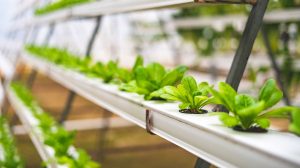
- Size of the System: The larger the hydroponic system, the more expensive it will be. Building a small system for personal use can be relatively inexpensive.
- Type of System: There are different types of hydroponic systems, such as deep water culture, ebb and flow, and drip irrigation. Each system comes with its own set of expenses.
- Materials: The cost of materials will depend on the type of system being built. The most common materials used in hydroponics are PVC pipes, tubing, and containers. Quality and durability can also increase the cost.
- Lighting: Artificial lighting is often needed for hydroponic systems indoors, which can be expensive to install and operate. LED grow lights are energy-efficient but initially pricey.
- Nutrients: Hydroponic plants need nutrients to grow, which come in the form of liquid solutions. Depending on the type and quantity, this can add to the cost.
- Maintenance: Regular system maintenance costs, including testing and adjusting pH levels, can add to the overall expense of a hydroponic setup.
Overall, depending on the size of your project, building a hydroponic garden can have a significant investment upfront. However, it can provide substantial long-term cost savings on water usage, fertilizers, and pesticides, and can produce high yields of crops.
However, a basic hydroponic gardening system typically consists of a container or reservoir to hold water, a pump to circulate water, a growing medium, nutrient solution, and lighting. If you are just wanting a small hydroponic garden, your materials can typically cost anywhere from $50 to several hundred dollars depending on the size and complexity of the system. It is recommended to research and plan before building a hydroponic gardening system to determine the materials and costs associated with your specific needs.
What are some good crops to grow in my new hydroponic system?
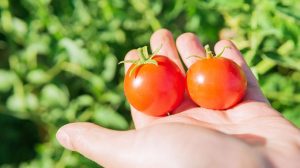 The best crops to start out growing in a hydroponic gardening system are those that are easy to maintain and grow quickly. Here are a few examples:
The best crops to start out growing in a hydroponic gardening system are those that are easy to maintain and grow quickly. Here are a few examples:
Lettuce: It is easy to grow and perfect for beginners since it can be grown at room temperature and only requires a few weeks to mature.
Herbs: Basil, cilantro, and mint are easily grown in hydroponic systems. They require low light and low nutrient conditions.
Spinach: Spinach is a cool-weather crop that grows well in hydroponic systems. It also has a rapid growth rate and is nutrient-dense.
Tomatoes: Cherry tomatoes are well-suited for hydroponic systems since they don’t require much space and can be grown upside down.
Strawberries: Strawberries can be grown in a hydroponic setup with the right conditions. They grow quickly and produce ripe fruits in just a few weeks.
These crops are a great starting point for those new to hydroponic gardening. As you gain experience and confidence, you can explore more complex and exotic plants.


